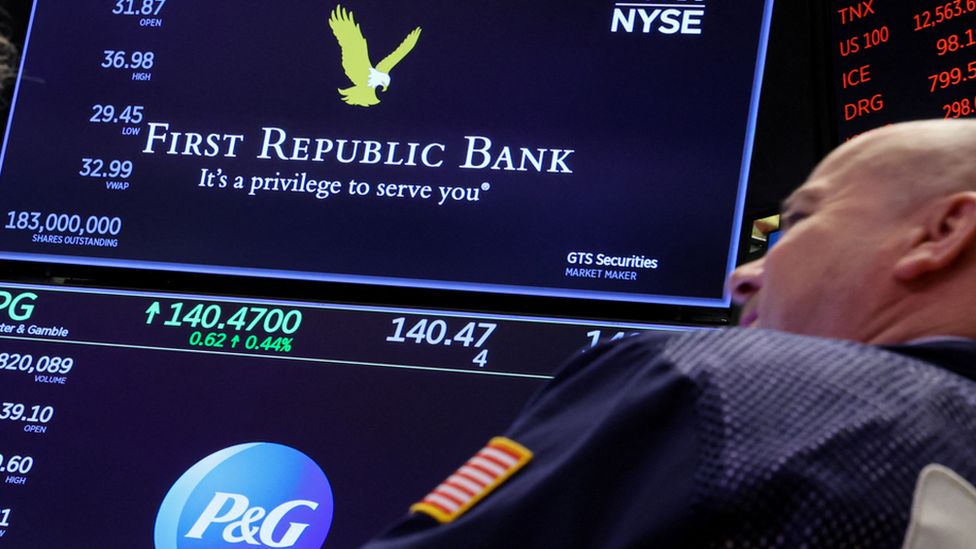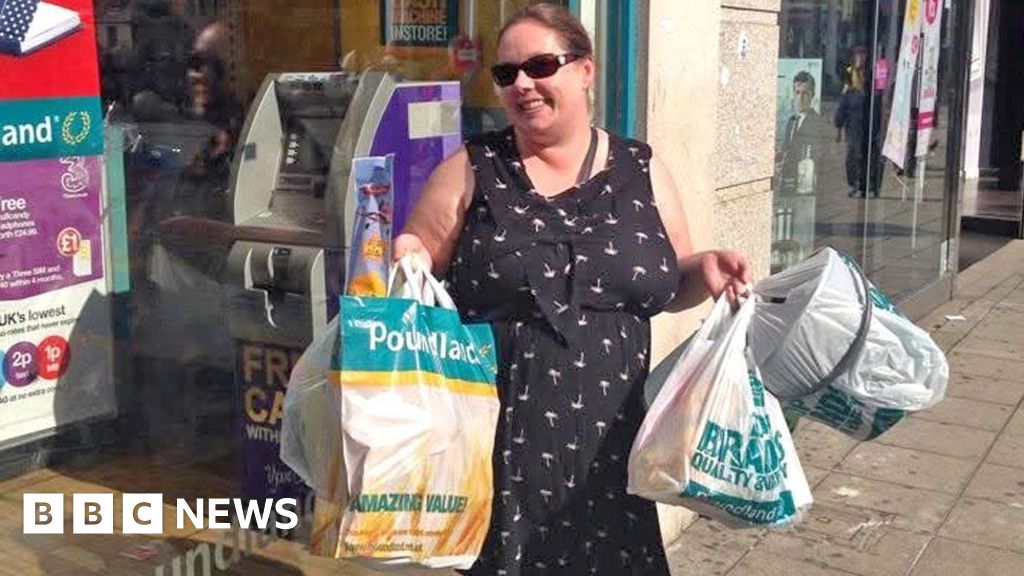ARTICLE AD BOX
 Image source, Reuters
Image source, Reuters
Markets have rallied after a group of US banking giants stepped in to rescue a smaller regional lender, which had been seen as at risk of failure.
Investors' worries over a crisis in the banking sector were eased after 11 US banks injected $30bn (£24.8bn) into First Republic.
Recent bank collapses in the US have raised fears over the health of the banking system.
Japan's Nikkei share index closed higher, helped by rising bank stocks.
European shares are also expected to open up when trading begins.
The 11 US banks who announced the support said the action reflected their "confidence in the country's banking system".
US financial officials said: "This show of support by a group of large banks is most welcome, and demonstrates the resilience of the banking system."
After the failure of two US banks in the past week - Silicon Valley Bank and Signature Bank - investors have been worried that other banks could also be about to collapse.
Shares in San Francisco-based First Republic had sunk nearly 70% over the last week, amid fears it would be the next bank at risk of a rush of customers withdrawing their deposits.
But the rescue plan by the 11 banks, led by JP Morgan and Citigroup, boosted stock markets, and shares in First Republic were up more than 20% at one point.
However, there are signs that not all worries have been eased.
Shares in First Republic dropped 20% in after-hours trade after the bank said its was suspending its dividend - its payment to shareholders - "during this period of uncertainty".
Swetha Ramachandran, investment director at GAM Investments, said authorities were moving "proactively" to stop the problems spreading throughout the banking sector.
"What they're trying to do is really ringfence the specific issues around individual isolated banks to stop them from becoming systemic," she told the BBC's Today programme.
"So this is very different to 2008 which was a widespread issue across the banking sector."

 2 years ago
41
2 years ago
41








 English (US) ·
English (US) ·